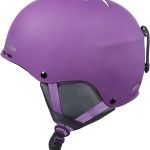In various industries, working in wet or harsh environments requires reliable and durable waterproof work gloves. These gloves not only protect workers’ hands from water, chemicals, and other hazards but also ensure comfort and dexterity. In this article, we will explore the importance of waterproof work gloves, the different types available, their features and benefits, considerations for choosing the right pair, proper care and maintenance, and where to find quality waterproof work gloves. Join us as we delve into the world of waterproof work gloves and discover how they can enhance workplace safety and productivity.

I. The Importance of Waterproof Work Gloves
1.1 Protection from Water and Chemicals:
Working in wet environments exposes hands to the risk of prolonged water exposure and chemicals that can cause skin irritation or serious health issues. Waterproof work gloves provide a protective barrier, preventing water and chemicals from penetrating the gloves and coming into contact with the skin. This protection is crucial in industries such as construction, plumbing, agriculture, and chemical handling.
1.2 Enhanced Grip and Dexterity:
Maintaining a secure grip and good dexterity while working in wet or slippery conditions is essential to prevent accidents and ensure productivity. Waterproof work gloves are designed with textured surfaces or grip-enhancing materials that provide excellent traction, enabling workers to handle tools, equipment, and materials with confidence. These gloves allow for precise movements and tactile sensitivity, ensuring tasks are completed efficiently and safely.
II. Types of Waterproof Work Gloves
2.1 Coated Work Gloves:
Coated work gloves are a popular choice for waterproof protection in various industries. These gloves feature a layer of protective material such as latex, nitrile, or PVC that covers the palm and fingers. The coating creates a waterproof barrier, preventing water or liquids from penetrating the gloves. Despite their waterproof properties, coated gloves maintain flexibility and grip, allowing for precise movements and dexterity. They are suitable for a wide range of tasks including construction, maintenance, gardening, and handling wet materials. Coated work gloves are highly versatile and provide both protection and comfort in wet and challenging environments.
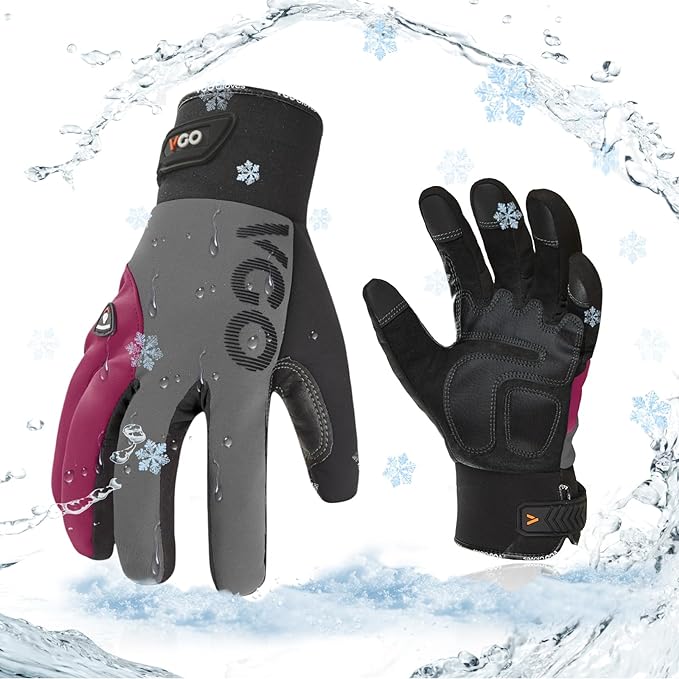
2.2 Waterproof Insulated Gloves:
In cold and wet environments, protecting hands from water is not enough. It is equally important to keep hands warm to prevent discomfort, reduced dexterity, and potential cold-related injuries. Waterproof insulated gloves are designed to provide both waterproof protection and thermal insulation. These gloves typically feature an inner lining made of insulated materials, such as Thinsulate or fleece, that trap heat and provide warmth. The waterproof outer layer ensures hands stay dry even in wet conditions. Waterproof insulated gloves are commonly used in outdoor work environments such as fishing, forestry, cold storage facilities, and winter construction or mai
III. Features and Benefits of Waterproof Work Gloves
3.1 Waterproof Materials:
Waterproof work gloves are made from materials such as neoprene, PVC, nitrile, or rubber, which repel water and prevent moisture penetration. These materials are designed to be durable, flexible, and resistant to tears and punctures, ensuring long-lasting protection and performance in challenging work environments.
3.2 Breathability and Comfort:
While protecting against water, waterproof work gloves also prioritize breathability and comfort. Many waterproof gloves feature breathable liners or moisture-wicking properties, allowing sweat and moisture to escape, keeping hands dry and comfortable. Some gloves also incorporate ergonomic designs, providing a snug fit and reducing hand fatigue during prolonged use.
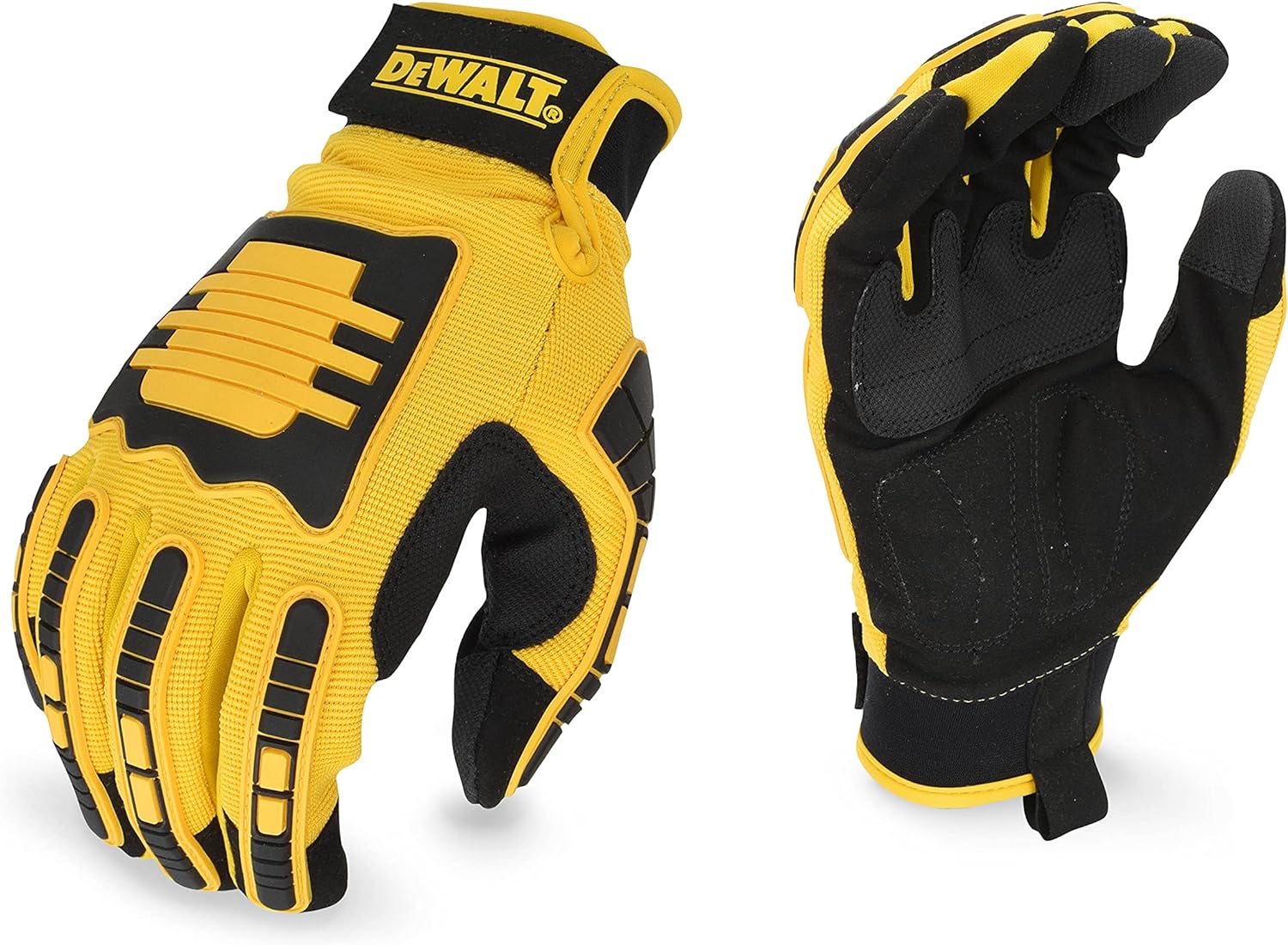
IV. Choosing the Right Waterproof Work Gloves
4.1 Consider the Working Environment:
When choosing waterproof work gloves, consider the specific work environment and the hazards involved. Determine the types of liquids, chemicals, or substances you may come in contact with. Ensure the gloves are chemically resistant and offer adequate protection against the specific hazards present in your workplace.
4.2 Opt for Proper Fit and Sizing:
Proper fit is crucial for both comfort and safety. Ill-fitting gloves can hinder dexterity, reduce grip, and cause discomfort. Consider the sizing charts provided by manufacturers and measure your hand size accurately to select the right fit. Some gloves come in multiple sizes, including regular and extended sizes, to accommodate different hand shapes and sizes.
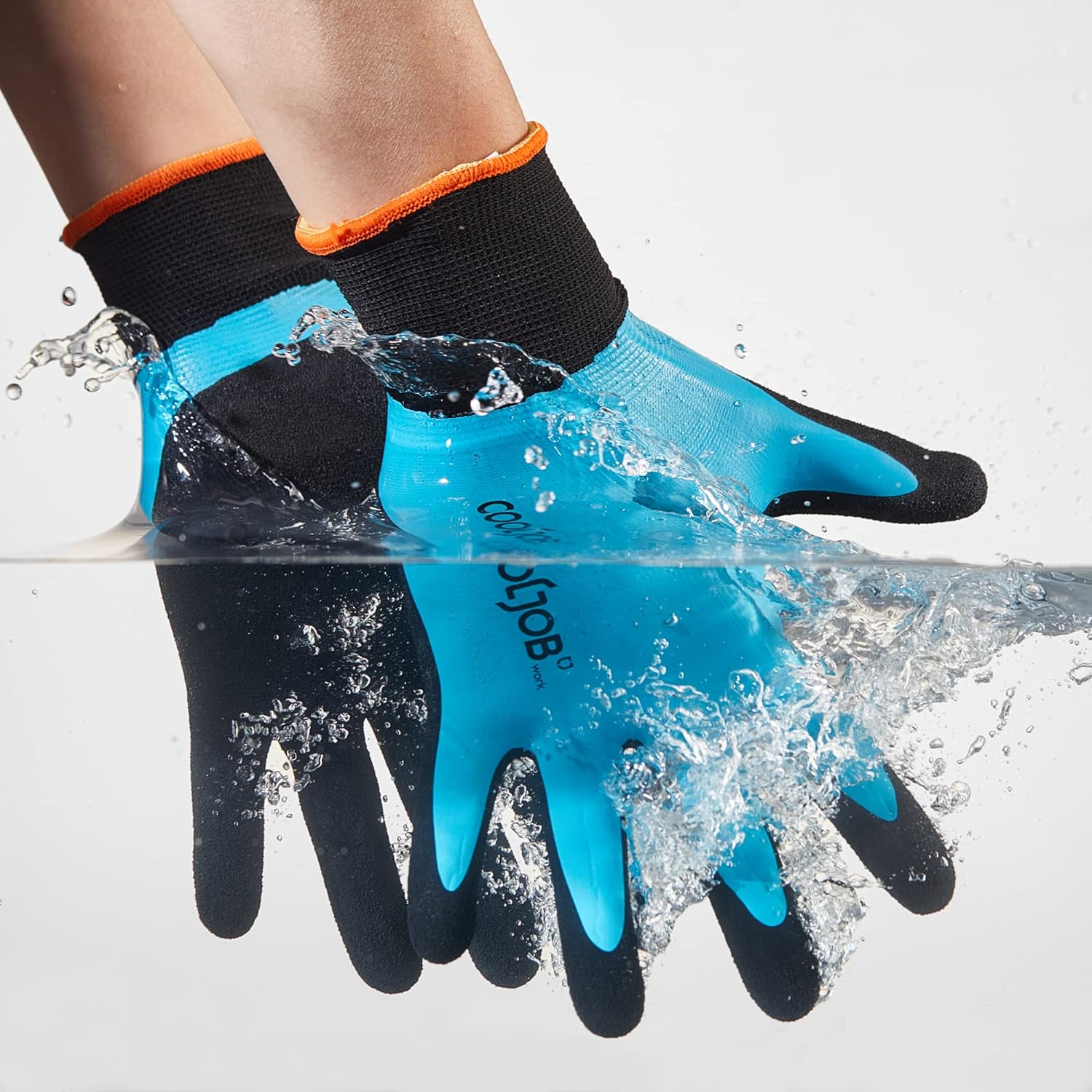
V. Care and Maintenance of Waterproof Work Gloves
5.1 Follow Manufacturer’s Instructions:
Always refer to the manufacturer’s instructions for cleaning and maintenance. Some gloves may be machine washable, while others require handwashing. Use mild soap or detergent and lukewarm water to clean the gloves. Avoid using harsh chemicals or bleach, as they can damage the waterproof coating. After washing, gently squeeze out the excess water before drying.
It is important to note that certain gloves may require specific drying methods. Some gloves can be air-dried by hanging them up or laying them flat. Others may require drying at a low heat setting in a dryer. Follow the manufacturer’s instructions to prevent any damage to the gloves during the drying process.
5.2 Regular Inspection and Replacement:
Regularly inspect your waterproof work gloves for signs of wear, tear, or deterioration. Check the integrity of the waterproof coating, seams, and overall construction of the gloves. If you notice any damage, such as holes, fraying, or delamination of the waterproof layer, it is important to replace the gloves promptly.
Worn or damaged gloves can compromise their protective properties and fail to provide the necessary waterproofing. Additionally, they may no longer offer sufficient grip or d
VI. Where to Find Quality Waterproof Work Gloves
6.1 Safety Equipment Suppliers:
Quality waterproof work gloves can be found at safety equipment suppliers, both online and in physical stores. These suppliers specialize in providing a range of protective gear designed for various industries and work environments. They offer a wide selection of waterproof gloves from reputable brands, ensuring high-quality products that meet industry standards.
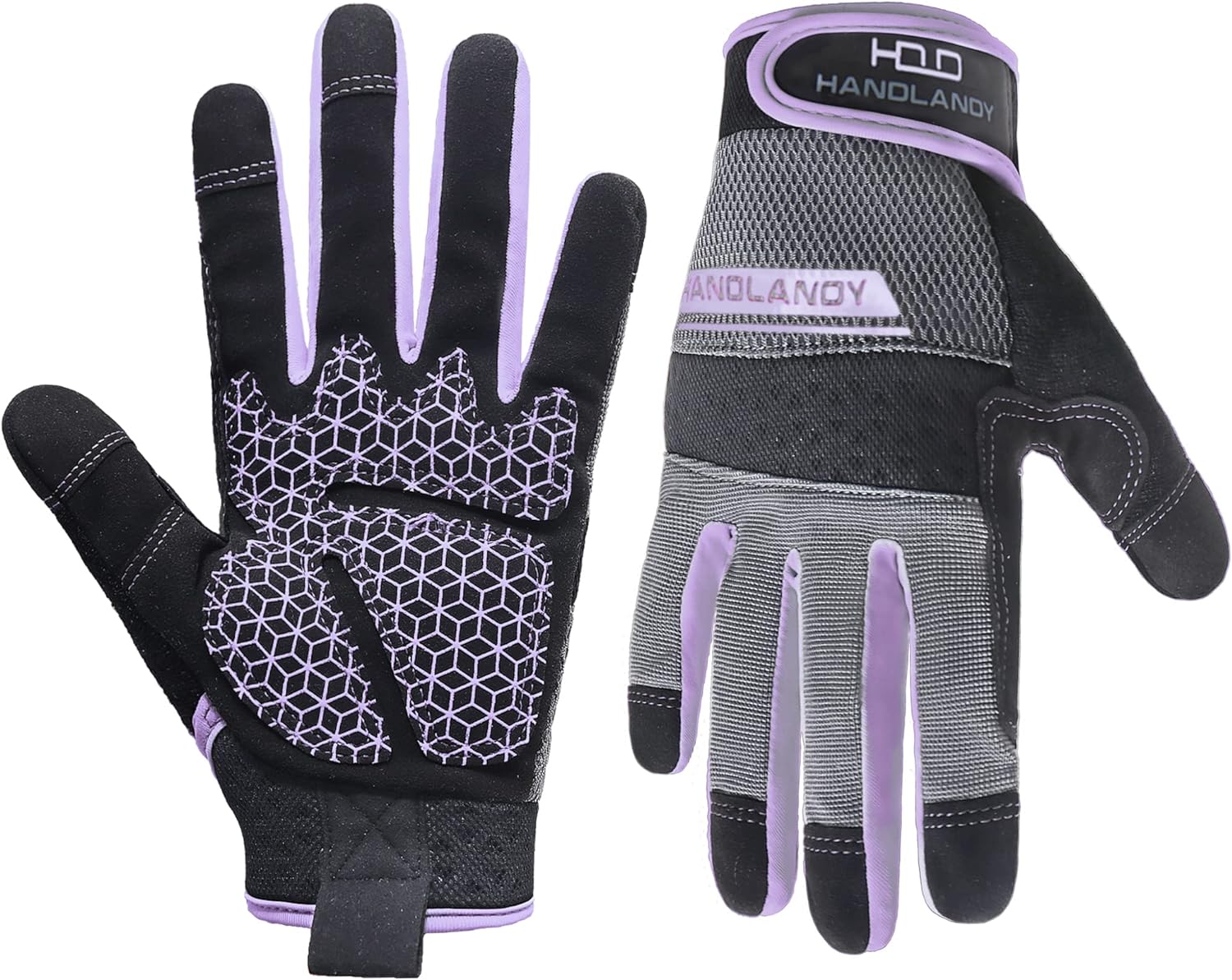
6.2 Manufacturer Websites:
Many glove manufacturers have websites where you can explore their product offerings and specifications. These websites often provide detailed information about the materials used, certifications, and performance ratings. Ordering directly from the manufacturer’s website ensures authenticity and allows you to access the latest product releases and innovations.
In conclusion, waterproof work gloves are vital to ensuring hands are protected, comfortable, and efficient in wet or challenging work environments. Coated gloves and waterproof insulated gloves offer different levels of protection and functionality. Features such as waterproof materials, breathability, and proper fit enhance the benefits and utility of these gloves. By choosing the right pair, properly caring for them, and sourcing from trusted suppliers or manufacturers, you can ensure the highest level of safety and comfort for yourself or your workforce.

